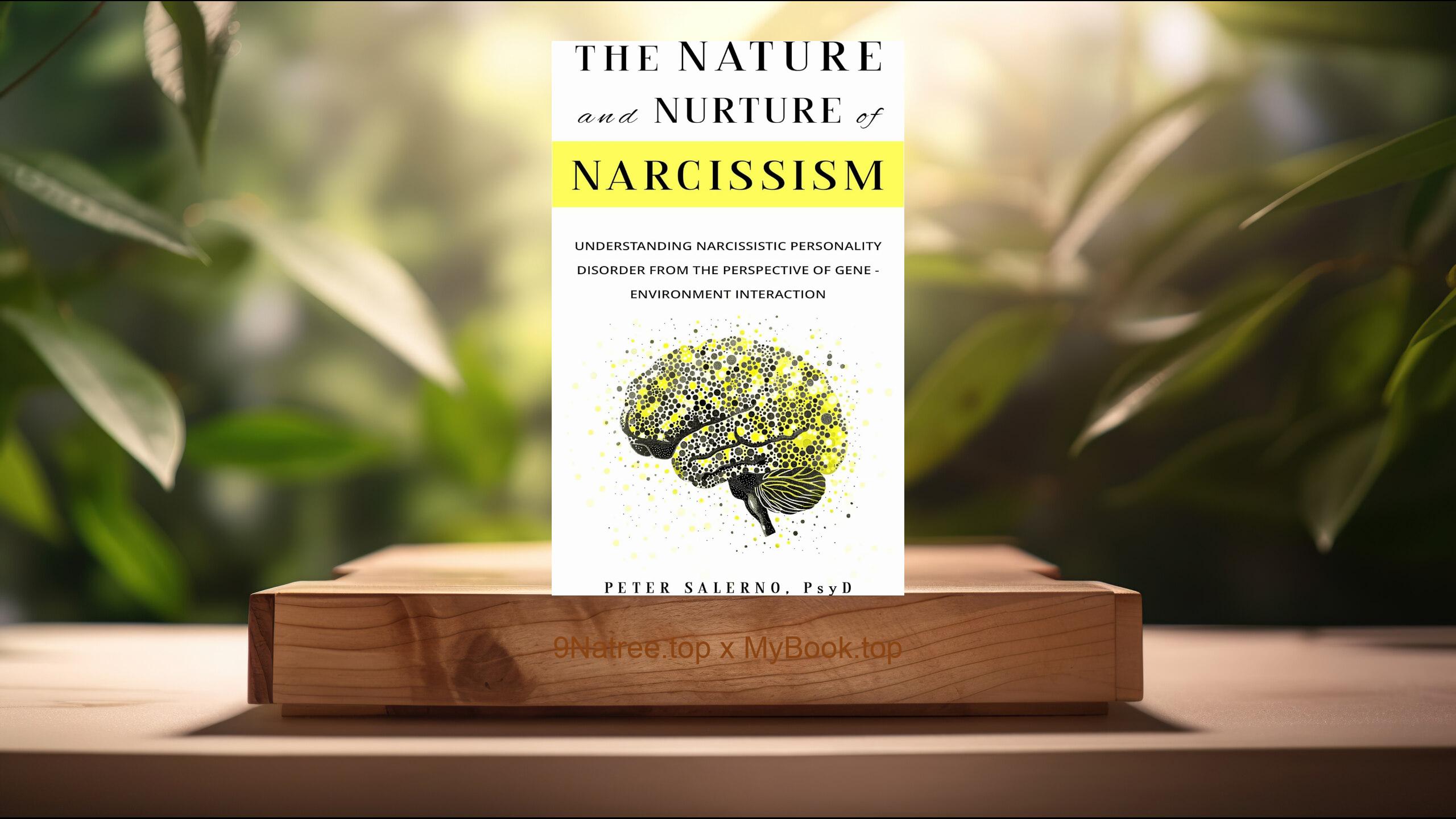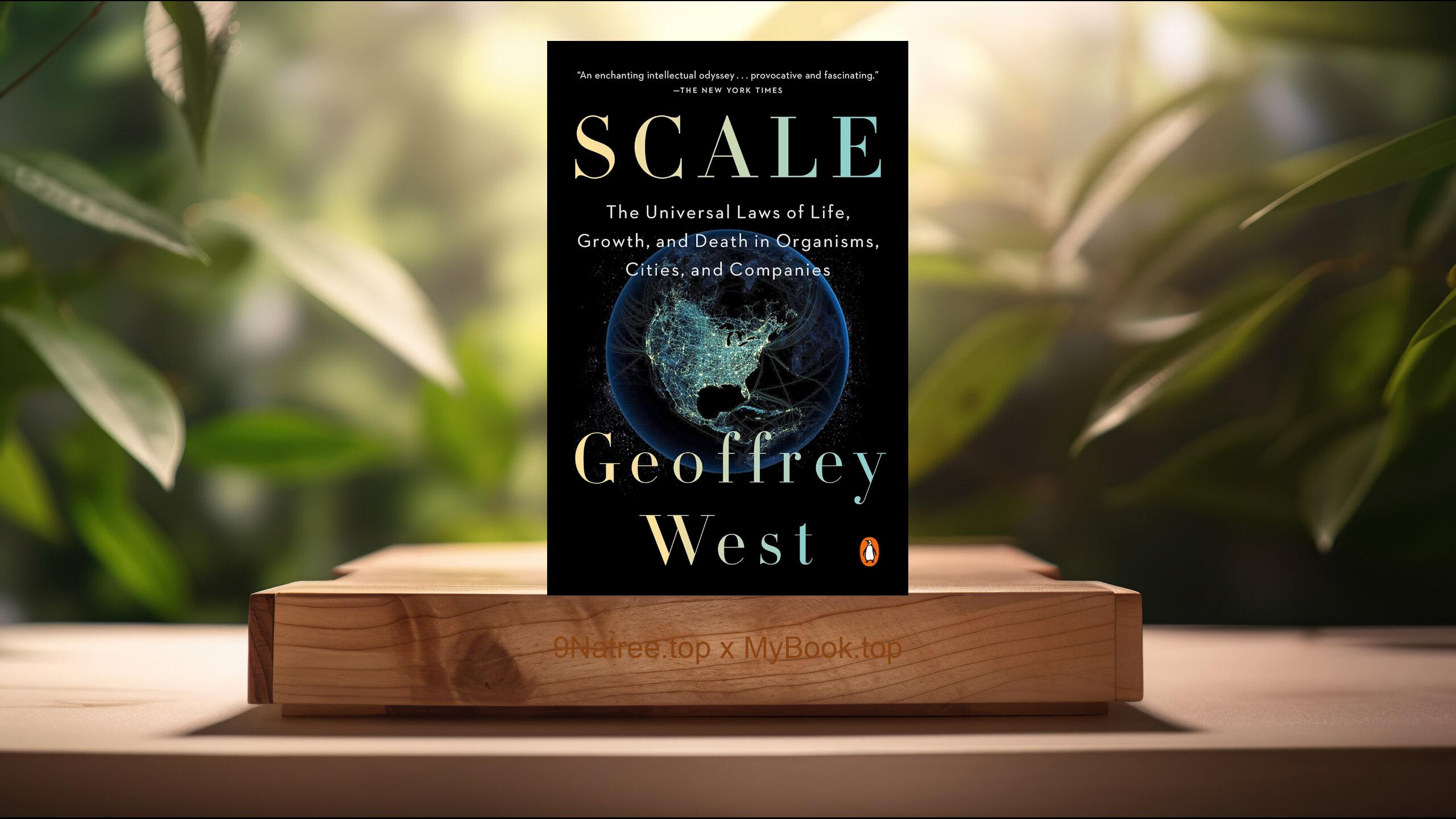Show Notes
- Amazon USA Store: https://www.amazon.com/dp/1684512298?tag=9natree-20
- Amazon Worldwide Store: https://global.buys.trade/Parasitic-Mind%3A-How-Infectious-Ideas-Are-Killing-Common-Sense-Gad-Saad.html
- eBay: https://www.ebay.com/sch/i.html?_nkw=Parasitic+Mind+How+Infectious+Ideas+Are+Killing+Common+Sense+Gad+Saad+&mkcid=1&mkrid=711-53200-19255-0&siteid=0&campid=5339060787&customid=9natree&toolid=10001&mkevt=1
- Read more: https://mybook.top/read/1684512298/
#ideapathogens #evolutionarypsychology #freespeech #postmodernism #commonsense #cancelculture #criticalthinking #OstrichParasiticSyndrome #ParasiticMind
These are takeaways from this book.
Firstly, Idea pathogens and the parasitic mind framework, Gad Saad’s core metaphor is simple and powerful. Just as parasites invade a biological host and hijack its behavior, certain ideas infiltrate our minds and redirect judgment away from reality based reasoning. He calls these destructive beliefs idea pathogens. They do not merely represent bad arguments; they are self protecting systems that discourage scrutiny, punish dissent, and replicate through social rewards. The metaphor matters because it clarifies why some debates feel futile. Once an idea pathogen gains a foothold, normal corrective mechanisms such as evidence and counterexamples are often dismissed as offensive, unsafe, or irrelevant. The host mind becomes motivated to defend the parasite rather than the truth. Where do these pathogens originate and how do they spread? Saad argues that academic incubators are a prime source. Postmodern departments that deny objective reality, activist frameworks that prioritize identity over evidence, and ideologies that recast disagreement as harm all generate memes that travel outward to media, entertainment, corporate policy, and everyday conversations. Social media amplifies the contagion by rewarding outrage, slogans, and virtue signaling over nuance and falsification. The epidemic spreads not because people are ill intentioned but because the human mind is socially oriented. We seek belonging and moral validation, which makes us susceptible to dogmas that promise instant righteousness. Saad’s training in evolutionary behavioral science shapes his immune system metaphor. Humans evolved cognitive shortcuts that are adaptive in many contexts but easily exploited. Coalition instincts can morph into us versus them purity tests. Status seeking can turn into performative indignation. Concern for harm can inflate into catastrophizing, demanding censorship rather than debate. The lesson is not to suppress moral intuitions but to calibrate them with reality checks. Crucially, the parasitic mind framework is not a license for cynicism. Saad insists that reality has a structure we can discover. When we replace evidence with ideology, we lose contact with the very feedback that keeps societies functional. By framing cultural conflicts as a public health challenge for our cognition, he invites readers to adopt prevention, early detection, and treatment. Prevention means cultivating habits such as steelmanning opponents and asking what evidence would change my mind. Detection means noticing linguistic tells, for example when a claim relies on feelings of offense rather than data. Treatment means re grounding conversations in facts, logic, and the humility to revise our views. This model gives readers a map for navigating culture wars without losing intellectual integrity.
Secondly, Postmodernism, relativism, and the war on objective truth, One of Saad’s chief targets is the cluster of doctrines that deny objective truth or treat it as a mere social construction. Postmodern skepticism began as a critique of overconfidence, pointing out that knowledge is situated and language can mislead. In its extreme form, however, it dissolves the possibility of truth altogether. If there are only narratives and power plays, then science becomes just one tribe’s myth and lived experience becomes the highest court of appeal. Saad argues that this shift replaces the pursuit of truth with the management of narratives, rewarding those who control language rather than those who discover facts. The downstream effects show up in policy and pedagogy. If objective standards are dismissed as oppressive, then assessment and accountability wither. If statistical differences are taboo to discuss, then fields that depend on base rates, risk analyses, or biological constraints become politicized. If harm is defined subjectively, then any counter argument can be rejected as violence. Saad documents these patterns through campus case studies, shifts in media framing, and corporate trainings that prioritize optics over outcomes. Relativism also undermines progress by making disagreement morally suspect. When every perspective is said to be equally valid, the only remaining tool to settle disputes is power. That is why fights over language become so intense. Control the definitions and you control what can be said and thus what can be thought. Yet every complex society depends on shared reference points to coordinate action. Airplanes fly, vaccines work, crime falls or rises, and education either imparts mastery or it does not. Denying reality does not change outcomes; it merely blinds us to causes. Saad’s antidote is not naïve scientism. He does not deny that values shape interpretation or that science has been misused. Rather, he demands that we keep separate the domains of fact and value. We can argue passionately about what we should do once we establish what is. That ordering matters because values untethered from reality produce policies that feel compassionate while harming the people they aim to help. Conversely, facts without values can be cold or misapplied. The healthy stance is a principled realism. A claim is true when it maps onto reality and survives attempts to refute it. Institutions should foster environments where such testing is rewarded rather than punished. In this light, free inquiry is not a luxury for ivory towers but the oxygen of any society that hopes to learn from its mistakes.
Thirdly, Sex differences, evolutionary psychology, and forbidden truths, A recurring theme in The Parasitic Mind is the tension between what people wish were true and what the data indicate. Nowhere is this clearer than in debates over sex differences. Saad argues that some modern ideologies treat humans as blank slates, insisting that all differences in interests, preferences, and outcomes must be socially constructed. While culture undeniably shapes behavior, evolutionary psychology adds another layer. Men and women faced different adaptive pressures across deep time, and these pressures left statistical signatures in interests and choices. Saad marshals lines of evidence that converge on this point. Studies of toy preferences show that infants display sex typical interests before social conditioning can plausibly account for them. Cross cultural data reveal consistent patterns in mate preferences, jealousy triggers, and risk taking. Fields with greater prosperity and freedom sometimes show wider preference gaps, a phenomenon known as the gender equality paradox, suggesting that when people have more choice, innate tendencies may express more strongly. None of this implies that every individual fits a stereotype. It does imply that society should not pathologize deviations from perfect parity in every domain as proof of discrimination. To build robust claims, Saad advocates what he calls a nomological network of cumulative evidence. Rather than leaning on a single study or method, researchers should triangulate. Combine experiments, cross cultural surveys, hormonal measures, and developmental observations. When many independent approaches point in the same direction, confidence grows. This stance is the opposite of cherry picking. It is an invitation to broaden the evidentiary base and to welcome refutation as progress. Idea pathogens make such discussions difficult by reframing empirical claims as moral offenses. If acknowledging average sex differences is labeled unsafe, then research becomes performative rather than exploratory. Universities, which should host the most open conversations, sometimes become the most restrictive, enforcing dogmas in hiring, funding, and speech norms. Saad warns that this does not uplift marginalized groups; it infantilizes everyone by declaring some facts too dangerous to study. The practical payoff of integrating evolutionary insights is compassion tethered to reality. Policy makers can design interventions that align with human nature rather than fighting it. Educators can encourage talents without forcing uniformity of outcomes. Employers can reduce bias while also respecting preference distributions. Parents can model respect for individual variability without denying statistical truths. The broader culture can stop treating science as an enemy of equality and start seeing it as a guide for building fair systems that work with, not against, our biological heritage.
Fourthly, Ostrich Parasitic Syndrome, safetyism, and the collapse of free speech, Saad popularizes a pattern he calls Ostrich Parasitic Syndrome, the tendency to bury one’s head in the sand when facts threaten sacred values. OPS thrives in environments of safetyism, where the highest good is the avoidance of discomfort. When institutions redefine emotional upset as harm, they create incentives to silence rather than engage. Speech becomes violence, debate becomes trauma, and disagreement is treated as a threat to be managed by administrators rather than a challenge to be met with better arguments. The collateral damage is immense. Free speech is not simply a legal protection; it is the operating system of knowledge. Errors are normal. Correction requires that bad ideas be aired and tested. When gatekeepers preemptively suppress dissent to prevent offense, they freeze error in place. Saad recounts examples of speakers disinvited, researchers investigated for controversial findings, and students encouraged to file complaints instead of building counter cases. The result is epistemic fragility. Graduates enter the world with a reduced capacity to cope with disagreement and a heightened sensitivity to words as threats. Safetyism also invites bureaucratic overreach. When institutions promise safety from ideas, they require complex enforcement systems with vague standards. This produces chilling effects well beyond the intended targets. Ordinary people self censor, avoiding topics with any chance of controversy. Innovators learn to disguise findings behind euphemisms. Policies drift from protecting individuals against harassment to protecting ideologies against scrutiny. Saad’s remedy is courage with craft. Courage means willingness to speak truths even when status or comfort is at risk. Craft means arguing responsibly. Steelman before you critique. Distinguish persons from ideas. Use precise definitions. Ask for clear falsification criteria. Document claims with transparent evidence. If a community follows these norms, it becomes safer in the deeper sense. People learn resilience. They realize that offense is not injury and that intellectual sparring can be civil, even friendly. He further urges readers to support institutions that defend viewpoint diversity and to withdraw support from those that weaponize speech codes. Vote with attention, time, and donations. Mentor students to prize curiosity over conformity. Model how to lose a debate gracefully and how to change one’s mind publicly. This is the long game. A culture that protects speech today is a culture that will still be capable of solving problems tomorrow.
Lastly, Antidotes and a personal action plan for cognitive hygiene, Diagnosis without treatment would be bleak, so Saad closes with practical antidotes that any reader can adopt. Think of them as cognitive hygiene, habits that reduce the chance of infection by idea pathogens and aid recovery if infection occurs. The first antidote is to commit to first principles. Ask what claim is being made, what would count as evidence, and what would falsify it. If a claim cannot be tested or never risks revision, it is likely ideological rather than empirical. Second, construct nomological networks of cumulative evidence. Before embracing a view, look for multiple, independent lines of support. The broader and more varied the base, the sturdier the conclusion. This approach helps resist cherry picking and protects against overreliance on single studies or anecdotes. Third, cultivate epistemic humility. Nobody is immune to bias, and intelligence does not confer invulnerability. Practice changing your mind in small ways so that big revisions feel less threatening. Keep a decision journal. Track predictions and outcomes. Reward yourself and your teams for updating in the face of new data. Fourth, practice rhetorical resilience. Separate identity from ideas so that critiques do not feel like personal attacks. Steelman opponents, summarizing their strongest case before you respond. Learn to ask clarifying questions that reveal hidden assumptions. Replace slogans with quantification whenever possible. Numbers can be misused, but they force specificity. Fifth, defend the institutional preconditions of truth seeking. Support free speech and due process norms. Encourage heterodox reading lists. Resist policies that compel speech or punish dissent through vague standards. Push for transparency in methodology, data sharing, and replication. If you are a leader, create incentives for candor, not conformity. Finally, exercise everyday courage. Saad stresses that most of the battle is won by small acts. Correct a false claim in a meeting, not with aggression but with data. Share a study that complicates the narrative in your circle. Encourage a student who voices an unpopular view. Refuse to endorse statements you know to be false. Courage compounds. Each small stand makes the next one easier, and it signals to others that they are not alone. These antidotes are not partisan. They are a citizen’s toolkit for living well amid ideological crosswinds. By applying them, readers can preserve both compassion and clarity, protecting communities from the short term comfort of delusion and the long term costs that delusion imposes.
![[Review] Parasitic Mind: How Infectious Ideas Are Killing Common Sense (Gad Saad) Summarized](https://episodes.castos.com/660078c6833215-59505987/images/2169057/c1a-085k3-7zx366xxa2r4-bsp5x8.jpg)




